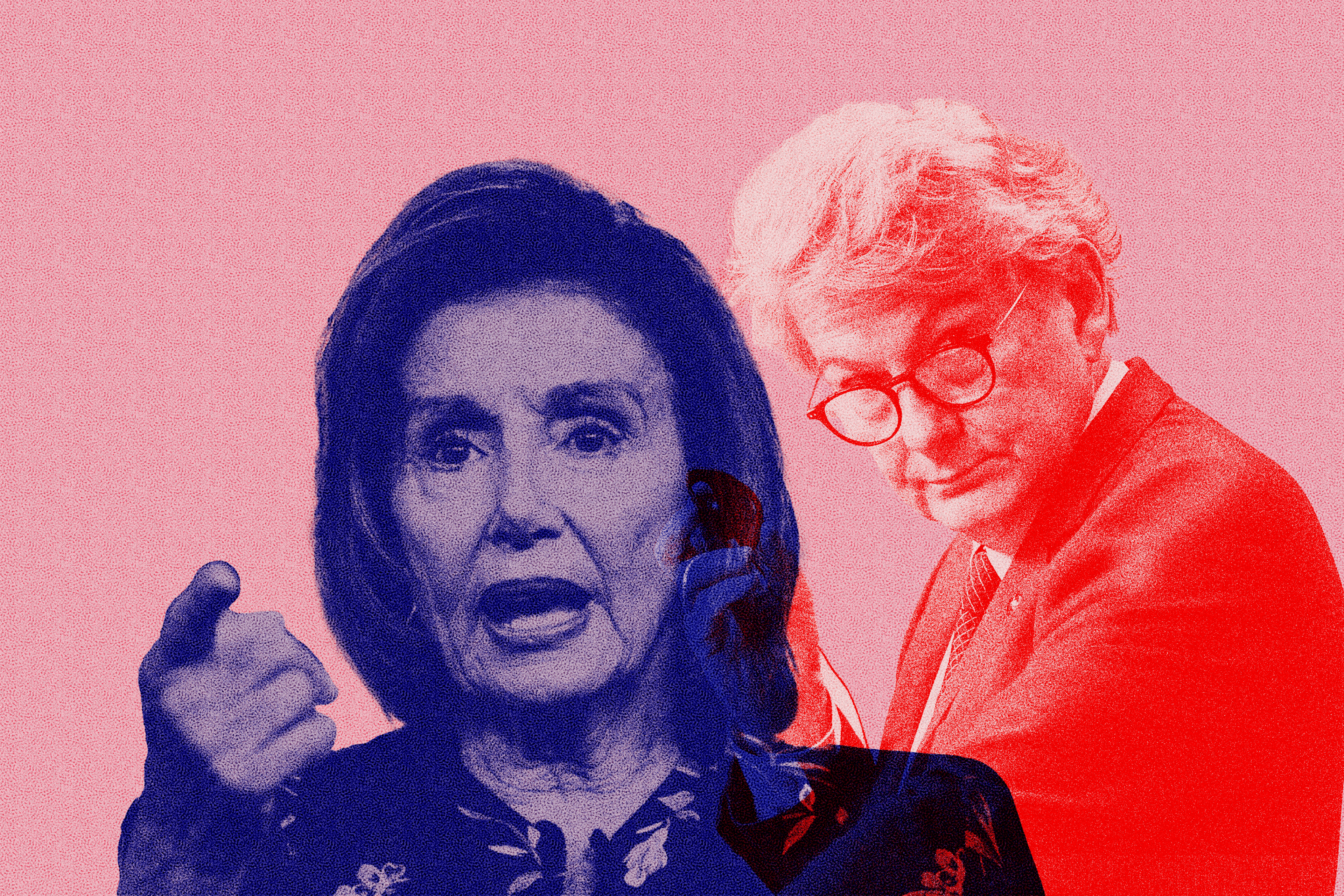
The 'Mostly Peaceful' Thousand-Year Arab Slave TradeFeb 6
mehdi hassan claims 'muslims built america' and frames the transatlantic slave trade as uniquely bad, ignoring the fact that arab slaveholders have existed for millennia and still do
Aug 30, 2023

Over the past couple weeks, three different readers have asked me to talk about the European Union’s impact on technology. I know, I know, the request seems silly. Europeans don’t build anything. Why would we write about them? But the unfortunate fine print of globalism is this: a market is enough to matter.
I feel embarrassed to admit I wasn’t really keyed into the Brussels issue until this year, when the topic of AI finally roused my interest, and here it would certainly be a mistake to say the Europeans aren’t producing anything; they have produced regulation in quantities rivaled only by the authoritarian prison state of China, the costs of which Brian Chau recently detailed for Pirate Wires. Still, a Europe relegated to another Dark Age, while very sad for them, is not really our problem. Our problem is market pressures mean what’s regulated abroad impacts what we can all do here, at home, in the very country — a free country — where technology is actually built. Such limits, in the actual seat of global progress, threaten the concept of progress itself.
An important story this morning from the Foundation for American Innovation’s Luke Hogg.